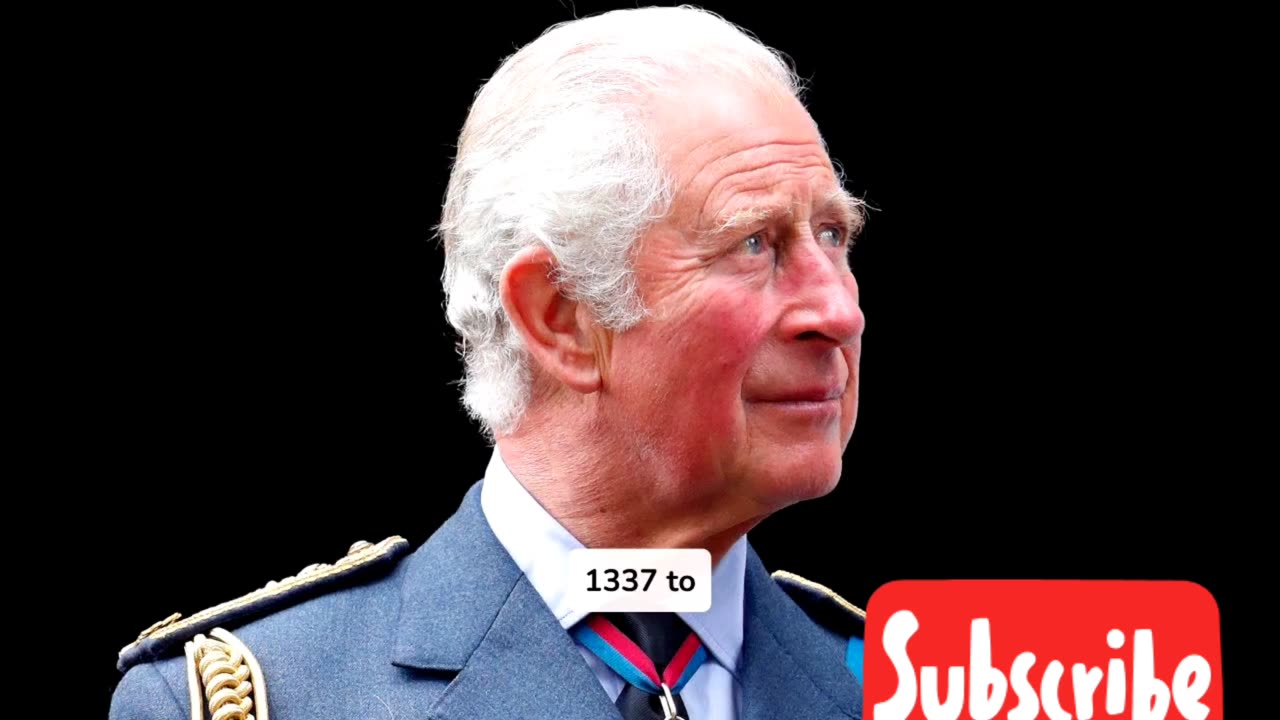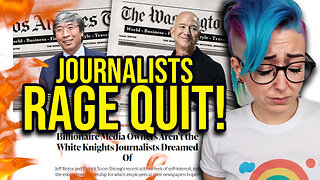Premium Only Content

"Royals Under Scrutiny: Uncovering King Charles's Hidden Wealth and Financial Practices"
"Royals Under Scrutiny: Uncovering King Charles's Hidden Wealth and Financial Practices"
The British Royal Family's finances have long been a topic of public fascination and debate, and recent revelations regarding King Charles III’s financial strategies have sparked fresh discussions. With newfound scrutiny on the monarchy’s expenses and wealth distribution, both supporters and critics are dissecting the finances of Britain’s most prominent family.
### Unpacking Royal Wealth and the Sovereign Grant
The British monarchy’s finances are complex, with various sources of revenue and funding. Traditionally, the Royal Family receives income through the Sovereign Grant, which is funded by taxpayers and is intended to cover the costs associated with official duties, palace maintenance, and staffing. The Sovereign Grant is calculated as a percentage of the profits from the Crown Estate, a massive portfolio of land and assets owned by the monarch but managed independently.
King Charles III, like his mother, Queen Elizabeth II, receives a percentage of the Crown Estate’s profits. In recent years, the grant percentage increased from 15% to 25% to support renovations at Buckingham Palace, but this has drawn criticism from some sectors of the public. Many believe this increase is excessive, particularly at a time when the UK is dealing with economic challenges. Meanwhile, supporters argue that the Sovereign Grant actually returns a surplus to the Treasury, citing the tourism and economic contributions of the monarchy.
Private Wealth and the Duchy of Cornwall
One of the more notable aspects of King Charles's finances is his control over the Duchy of Cornwall, a private estate established in 1337 to provide income for the Prince of Wales. Since becoming king, Charles passed the duchy on to his son, Prince William, who now benefits from its substantial income. The Duchy of Cornwall is an impressive portfolio of land, properties, and investments that brought in approximately £24 million in revenue last year.
Despite this significant private income, questions have been raised about the duchy’s tax status. Since it is technically a private estate, it isn’t subject to corporation tax. King Charles has faced pressure to voluntarily pay taxes on these profits, and while he does pay income tax on a portion of his revenue, critics argue that greater transparency and contribution are needed.
A Growing Debate Over Monarchical Wealth
As King Charles and the Royal Family continue to manage a considerable wealth portfolio, a broader debate is emerging about the appropriateness of these privileges. With the cost of living crisis gripping much of the UK, many are questioning whether a modern monarchy should hold so much wealth in a time when economic inequality is a pressing issue. Additionally, King Charles’s longstanding commitment to environmental and social issues has led some to question whether his financial practices align with his values.
Polls indicate that while the British monarchy remains popular, younger generations are more likely to question the royal family's wealth and privileges. Many members of Generation Z and millennials feel that the monarchy should reform or scale back to better reflect the financial realities of the average Briton.
Calls for Transparency and Reform
Several political figures and advocacy groups have voiced support for greater transparency and accountability regarding royal finances. Some propose that the Sovereign Grant should be reduced or that the Duchy of Cornwall should be taxed more heavily. Others argue for a complete restructuring of the monarchy’s finances to align with more modern values, while some even advocate for the abolishment of the monarchy altogether, though this remains a minority view.
King Charles, for his part, has expressed a commitment to modernizing the monarchy. The king’s early years on the throne have involved steps to streamline operations and reduce excesses within the royal household. However, many critics believe that more dramatic measures are needed, particularly concerning the transparency of income sources and the level of financial independence the monarchy enjoys.
Looking to the Future
The debate over the monarchy’s finances is likely to continue, as more people question the value and role of the British Royal Family in contemporary society. Whether King Charles and the Royal Family respond with further reforms, increased transparency, or adjustments to their income structure will be pivotal in determining how the monarchy is perceived in the years to come.
As public sentiment evolves, the Royal Family may need to adapt to meet expectations for a more modest and accountable institution, reflecting the realities faced by ordinary citizens. This financial scrutiny, however challenging, could also present an opportunity for King Charles to set a new standard for transparency and responsibility, reshaping the monarchy for the future.
https://www.naveedsattar.net
Trun Text into video with AI voices::
https://fliki.ai/?via=sarim
#WorldBreakingNews#World#News#Breaking
-
 59:29
59:29
Steven Crowder
4 hours agoCrafting Crowder's Comedy Gold | Behind the Scenes
172K90 -
 2:06:44
2:06:44
Tim Pool
3 hours agoTHE END OF THE WEST, Will We Survive Without Christianity? | The Culture War with Tim Pool
84.1K53 -
 2:01:13
2:01:13
LFA TV
16 hours agoBODYCAM FOOTAGE OF TRAFFIC STOP! | LIVE FROM AMERICA 2.28.25 11AM
33.7K17 -
 LIVE
LIVE
The Big Mig™
5 hours agoGlobal Finance Forum From Bullion To Borders We Cover It All
2,101 watching -
 31:13
31:13
Tudor Dixon
2 hours agoThe Last Supper with Chris Tomlin | The Tudor Dixon Podcast
11.9K -
 48:58
48:58
BonginoReport
5 hours agoFake Epstein Files Fallout + Will Cain on the Government’s Internal Civil War (Ep.150) - 02/28/2025
119K266 -
 22:54
22:54
Clownfish TV
13 hours agoJournalists are RAGE QUITTING! Mainstream Media's Free Ride is OVER!
22.6K4 -
 3:25:28
3:25:28
Matt Kohrs
11 hours agoMarket Crash, Inflation Report & Payday Friday || The MK Show
67.7K8 -
 2:59:07
2:59:07
Wendy Bell Radio
8 hours agoThe Astroturfing Of America
90.9K58 -
 1:52:53
1:52:53
Game On!
18 hours ago $5.85 earnedTampa Bay Welcomes Jon Gruden BACK!
72.1K5